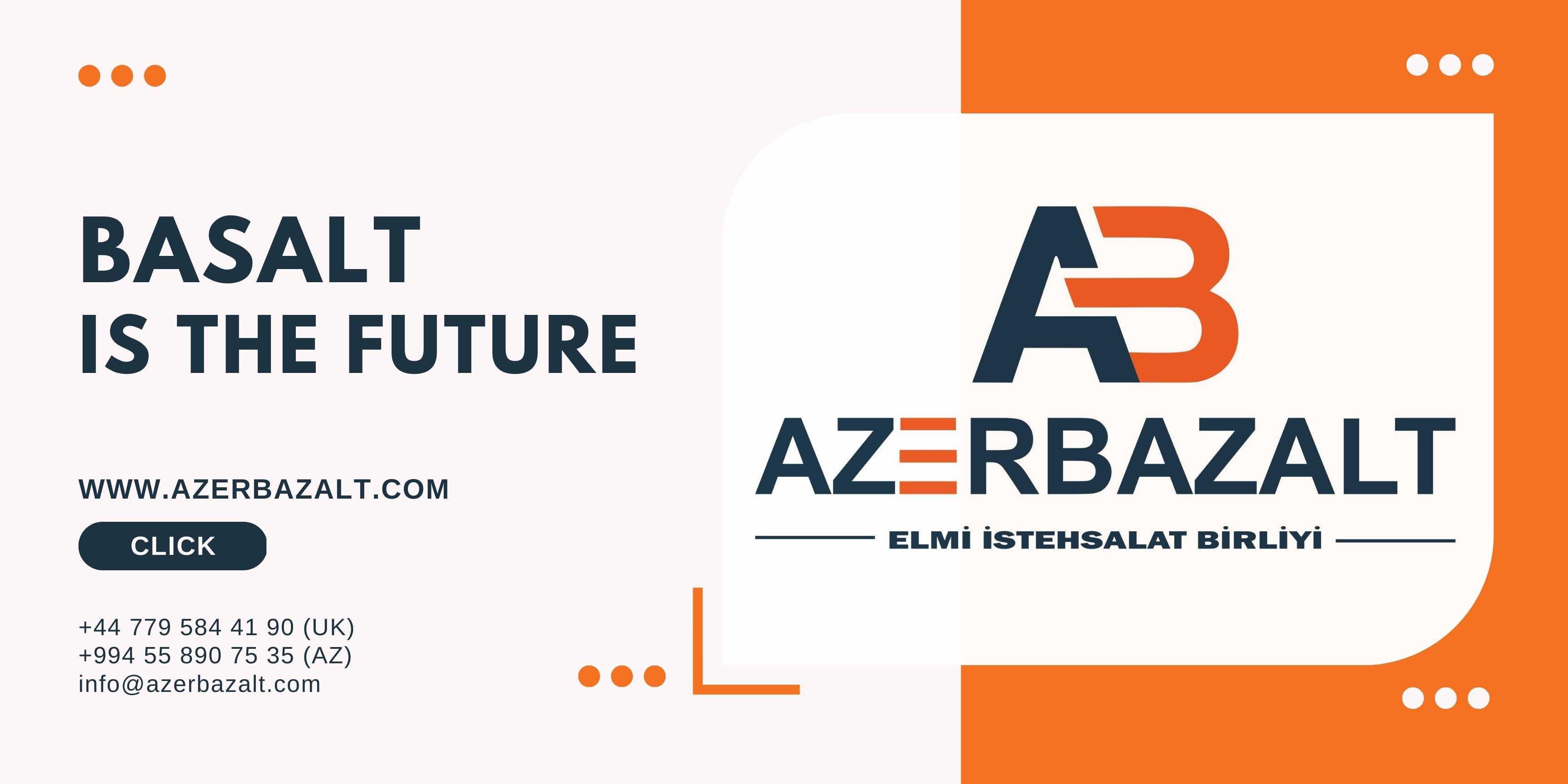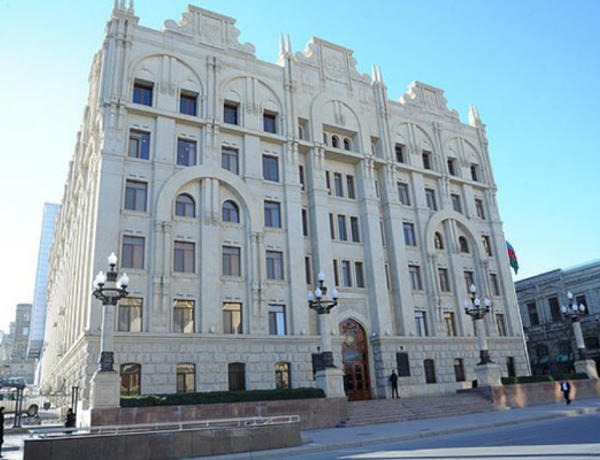- 17 May 2022 15:42
The Ombudsman announced implementation mechanism of the Alimony Fund – INTERVIEW
-

- 3 April 2021 13:59

Interview of Sabina Aliyeva, Commissioner for Human Rights (Ombudsman) of the Republic of Azerbaijan, on the Alimony Fund. e-huquq.az reports interview.
- Mrs. Sabina, first of all, as the Commissioner for Human Rights (Ombudsman) of the Republic of Azerbaijan, we congratulate you on the submission of the annual report for 2020 and wish you success in your work. You have included many important proposals in your annual report, and we would like to know your views on one of them, the establishment of the Alimony Fund. Please, give information on this proposal and its implementation mechanism.
- Thank you very much. I also appreciate your news portal for covering the issues that concern the society and important issues. I must note that today the issue of alimony has become one of the most pressing issues in the world to ensure the best interests of children. The establishment of the Alimony Fund is one of the ways to solve the problem in this regard. We have used the experience of foreign countries in preparing this proposal, and in practice such funds act as an effective mechanism.
Such a fund may operate either separately or under the auspices of an appropriate government body. In the experience of foreign countries, for example, there is the Guarantee Fund for Child Welfare in Latvia, the Agency for Child Welfare in the UK , the National Insurance Service in Israel , the Alimony Guarantee Fund in Spain and Bahrain, the State Alimony Fund in Poland, Alimony The Federal Bureau of Investigation in the Netherlands, the State Insurance Agency in Sweden , the Federal Office for the Execution of Alimony Orders and States Agencies in the United States , the Agency for the Execution of Alimony Orders in Canada , the Child Support Agency in Australia. In different countries, the Foundations have different powers and perform a wide range of functions.
In the United Kingdom and Israel, the main purpose of the Foundation is to investigate and demand alimony payments. In some countries (Lithuania, Latvia, Spain, Bahrain, Poland, France), if one of the parents refuses to fulfill its obligations, the Fund assumes the fulfillment of this obligation.
In post-Soviet countries, the law on "Family Compensation" came into force in Estonia in 2017, and the Alimony Fund began to operate in accordance with the requirements of this law. Although this initiative has not been implemented in Kazakhstan, it is widely discussed, and in 2019 the proposal was made by the Minister of Justice.
As it is known, the main working principle of the Alimony Fund is that instead of the person who owes alimony, the fund pays a certain amount, and then the state recovers the amount from that person on the basis of a certain mechanism.
-Mrs. Sabina, which steps should be taken to establish this system in Azerbaijan?
- 3 main points are important for the establishment of this system:
1) Making complex innovations, additions and changes in the legislation;
2) Structural measures;
3) Budget.
At the same time, in some countries, this function as a collector is given to private funds. The budget of such funds is formed from compulsory deductions, budget subsidies, voluntary donations and other sources.
The Polish Alimony Fund performs this function when a parent refuses to pay alimony. The fund is funded by compulsory deductions, budget subsidies, voluntary donations and other sources.
A special fund has been operating in Latvia since 2005 within the Ministry of Children, Family and Social Integration. The powers of this Foundation are wide. Thus, the Fund has the right to apply for alimony, disclosure of illegal salaries, loans and leasing companies. The budget of the Fund is formed due to payments from debtors and budget allocations. Every year, when the alimony debt is overdue, the state transfers 6 percent. The Fund also maintains relations with institutions in other countries, the main purpose of which is to create an opportunity for the debtor to claim the debt when moving to a foreign country.
Latvia is considering the use of private collectors along with the state. In 2005, the State Alimony Fund was established in the Kingdom of Bahrain. The organization is subordinated to the Ministry of Justice. The fund's financial sources are government subsidies, donations and compulsory deductions. If in the first 2 years the main burden was borne by the state, then the main amount was formed from indebted parents. Alimony is paid until the children reach the age of majority. Appeals to the Foundation must be considered within 15 days. The amount of alimony is determined by a court decision.
-Will the Alimony Fund put an end to disputes and dissatisfaction between parents?
In 2007, a special fund was established in Spain by royal decree. The Fund is subordinated to the Ministry of Finance. Not everyone who is obliged to pay alimony in Spain can apply for the help of the Fund. For this, the income must be less than the amount determined by the state. The person claiming this assistance must go through a special procedure with the documents established by law. The maximum amount should be 100 euros. Payments are made for a period of 18 months, and the person who regains solvency then continues to pay using this support himself. However, a person who has to pay alimony cannot avoid his obligation. Most importantly, there is a certain balance in the relationship between the two parents. No one can take better care of them than their parents. It is also clear from the proposed mechanisms that the responsibility for caring for children does not pass from parents to the state, which allows to provide moral and material support for the child.
Generally, ensuring the rights of children and protecting their interests is always important for society. Of course, if everyone paid alimony on time, there would be no concept of "avoidance of alimony." Unfortunately, this problem is as relevant in our country as in all countries.










